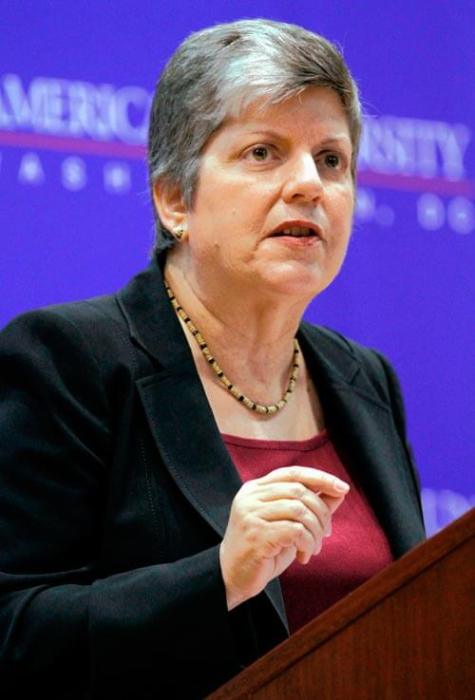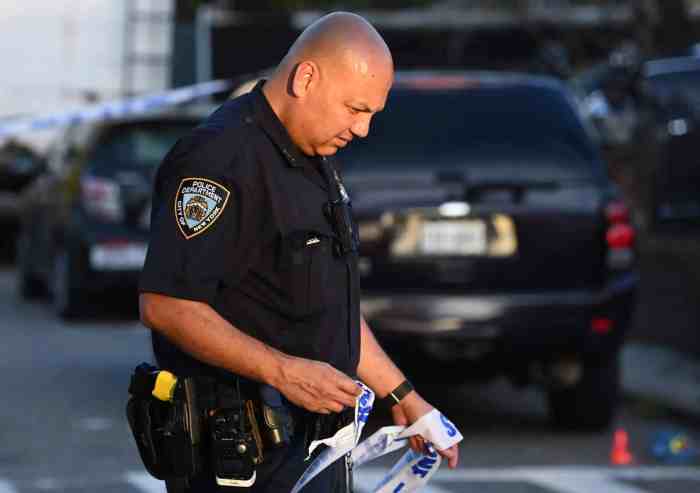Give them half a chance, and some of the folks elected and sent to Washington, who seem hell-bent on re-arranging the conventional wisdom, that serving the people’s interests is the first priority, will maybe convince an alarming enough number of us that, like the old Ford commercial, they “have a better idea.”
Too often now we see the principle of placing people first flippantly set aside by decision-makers in Washington. Hurtful and detestable a policy option as this is, across the board, tends to strike us as even more lethal when it bubbles up in times of tragedy, like last week’s Amtrak train disaster in Philadelphia.
House Speaker John Boehner sounded irritated when asked, in the immediate aftermath of the accident, about the Republican-controlled House having slashed funds from the Amtrak appropriation, never even giving the proverbial time of day to President Obama’s request for a $1-billion increase. Boehner would have none of any linking of the Philadelphia mishap to the House’s budget slashing. The train was speeding, the speaker said, and that’s all there was to it.
Boehner, as he is wont to do, was just into another of his smarty-pants routines. He knows full well this wasn’t about cuts having specifically caused death and injury on that New York bound train, but about the train service providers being forced to constantly live on the edge, with all its perils, thanks to some lawmakers’ reflexive under-funding response to people’s critical service needs.
Superstorm Sandy starkly highlighted this tendency to short-shrift what most matters to people. After the storm had unleashed its fury in the Northeast in October 2012, what ensued by way of federal response exposed some of the most callous and mean-spirited conduct in recent memory by a goodly number of these people’s representatives. The Sandy episode saw a commingling of two ingrained attitudes, both rotten, in some guardians of the public purse: the lack of enthusiasm for federal relief for folks affected following something disastrous; and an absence of empathy for victims, seemingly because they resided not close enough to have earned it. A total of 31 GOP senators voted against the relief package passed by Congress, all of whom had earlier championed federal assistance for assorted natural events causing hardship in their own states. It almost defied credulity that this many Republican senators could so unabashedly allow parochial considerations to inform their judgment on a disaster of Sandy’s proportions. But they did just that, shamelessly displaying zero concern for so many Americans whose lives had suddenly been thrown into turmoil.
Issues like ensuring safe rail travel or taking preventive action, where possible, to avert devastating natural events have given rise to renewed discussion about the dire need for an infrastructure fix. Perhaps because of the astronomical cost this would involve, there’s been nothing to date beyond talk about how ominous it looks down the road, should nothing be done. Given the well-known stubborn opposition on the Republican side in Congress to any major domestic spending, the outlook for addressing the nation-wide infrastructure overhaul problem looks none too rosy.
There was of course a hint of this Congressional aversion to getting a handle on the crumbling infrastructure when, early in Obama’s term and in the midst of the nation’s serious financial crisis, he proposed infrastructure repair as part of a stimulus package. Congress balked.
Closer to home, we had the example of New Jersey Gov. Chris Christie refusing to go along with construction of a second rail tunnel connecting New Jersey and Manhattan, even after federal funds had already been allocated and delivered. Ironically, Christie’s contention that the project was too costly is probably coming in for much reassessment these days, in light of the New Jersey economy having now seriously tanked under Christie’s fiscal direction.
Opting for a state of denial on the problems related to bridges, highways, utilities and all the rest is no less a “dis” by high-flying politicians of what concerns real people than is a deliberate decision to leave to their own devices folks blind-sided and helpless after some major calamity. In the one instance, the so-called representatives of the people are, amazingly, comfortable turning their backs on genuine human suffering of the moment. In the other, kicking the can down the road is an easier option, sparing them, as it does, up-close encounter with the ignominy of what their actions, or lack thereof, have wrought. Think for a moment about the kooks in high places still insisting today that global warming is a hoax!
Occurrences like the Philadelphia derailment serve to pull us back to the reality of our dependence, to a troubling degree, on caretakers whose fitness for the role, in many instances, is very much open to question.

















